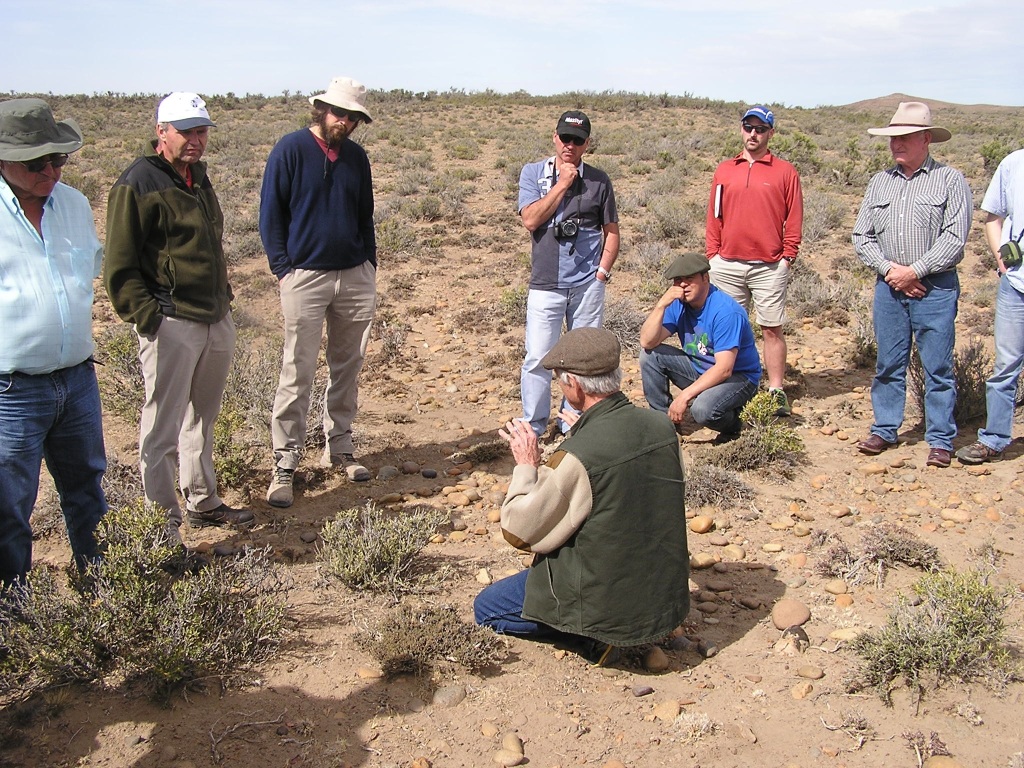Prediction is very difficult, especially if it involves the future. Niels Bohr
I have seen a number of versions of this quotation from Niels Bohr but no matter the inference is clear. My way of putting it is that the future has a habit of observing the law of unintended consequences!
This gentle immersion into today’s muse is on the back of two events. The first was the reading of Guy McPherson’s book, Walking Away from Empire, that I reviewed last week. The second was watching a fascinating presentation about reversing climate change.
Just stay with Guy McPherson for a moment longer. He is of the very firm opinion that we face imminent environmental collapse and the collapse of the industrial economy. His bet is that the environment is already in the grip of ten feedback loops that guarantee making the environment unsustainable for the majority of species on this planet within a couple of decades. If you want more then take a mouse click across the Guy’s blog Nature Bats Last.
So, given that one embraces this prediction, free of the clouds of delusion that it couldn’t possibly come to that, then what? (I’m assuming that you have the basic motivation to get out of bed in the morning!)
The natural response is what on earth to do?
That’s where Allan Savory comes in!
WikiPedia introduces him as follows:
(Clifford) Allan Redin Savory (born September 15, 1935) is a Zimbabwean biologist, farmer, soldier, exile, environmentalist, and winner of the 2003 Banksia International Award and the 2010 Buckminster Fuller Challenge. He is the originator of holistic management.
Savory had begun working on the ancient problem of land degradation (desertification) in 1955 in Northern Rhodesia, where he served in the Colonial Service as Provincial Game Officer, Northern and Luapula Provinces. He subsequently continued this work in Southern Rhodesia first as a research officer in the Game Department, then as an independent scientist and international consultant. When in exile, Savory worked from the Cayman Islands into the Americas introducing his new discoveries about both the cause of desertification and how to reverse it using increased numbers of livestock.
He subsequently wrote up this work in the book Holistic Management: A New Decision Making Framework, written with his wife Jody Butterfield and published by Island Press (1989; 1999 2nd edition).
In 1992, he co-founded the Africa Center for Holistic Management with his wife Jody Butterfield and, in 2009, the Savory Institute, headquartered in Boulder, Colorado, which he currently heads. The Savory Institute works globally with individuals, government agencies, NGOs, and corporations to restore the vast grasslands of the world through the teaching and practice of holistic management and decision making.
The institute’s consulting and training activities are turning deserts into thriving grasslands, restoring biodiversity, bringing streams, rivers, and water sources back to life, combating poverty and hunger, and increasing sustainable food production, all mitigating global climate change through carbon sequestration. In 2010, Savory and the Africa Center for Holistic Management won The Buckminster Fuller Challenge.
In a 2012 address to the International Union for Conservation of Nature World Conservation Congress, on the urgent need to bring agriculture and conservation back together, Prince Charles lauded Savory’s nature based approach.
OK, enough from me. Watch Allan Savory’s fascinating and potentially life-saving idea, as presented to the TED2013 conference.

A paradox is that climate change is starting to green the Sahara Desert.
LikeLike
I couldn’t read from your sentence if that was a comment based on the evidence, or tongue-in-cheek! 😉
LikeLike
Alex chose to mention the Sahara; and I will do so too. Allan Savory’s talk comes to me in the aftermath of seeing the Hockey Stick replaced with the Scythe: We now have 11 thousand years of palaeoclimatic data and can see that a 6000-year slow cooling of the Earth has been reversed in less than 200 years.
http://www.theatlantic.com/technology/archive/2013/03/were-screwed-11-000-years-worth-of-climate-data-prove-it/273870/
What I find most interesting about this 11k-year record is that the Sahara only became a desert 5k years ago. Given what Savory reveals in this talk, it seems reasonable to assume that dysfunctional human land management might well have caused the desertification of the Sahara, or (at least) have been the decisive factor that caused all the wild animals (antelope, giraffe, zebra, etc) that we know (from cave paintings) used to live there – either to die or to migrate 1000s of miles to the south (and not come back).
Allan Savory’s insight is extra-ordinary and completely counter-intuitive. I really hope it works because it would appear capable of solving many problems – especially the problem of too many people living in environments that cannot support them. However, we still need to get population growth under control.
LikeLike
I admire Savory’s devotion to both the science and the cause but find it amazingly difficult to accept that he holds the answer to mankind’s present madness. Going to contact the Institute in Colorado at some point to get a better insight into the progress being made.
LikeLike
Good simple question, but no easy answer!
LikeLike
Just to add I have just watched the TED lecture and was blown away by it. I will be blogging about this tomorrow.
LikeLike
That’s wonderful. Will be looking forward to reading it.
LikeLike
Guy McPherson gives Allan Savory a very rough ride here. For example:
It is hard to refute the photographic evidence Savory presented but… Logic alone tells you that it cannot work in all cases. Furthermore, as many others have since pointed out, Savory fails to acknowledge the difference between a real desert, semi-desert, and degraded pasture; and thus mis-uses the term ‘desertification’. The bottom line is this: there are already far too many cattle in the World (producing methane). We should therefore be far more skeptical of this miracle cure – McPherson calls it “hopium” – that Savory proposes.
LikeLike